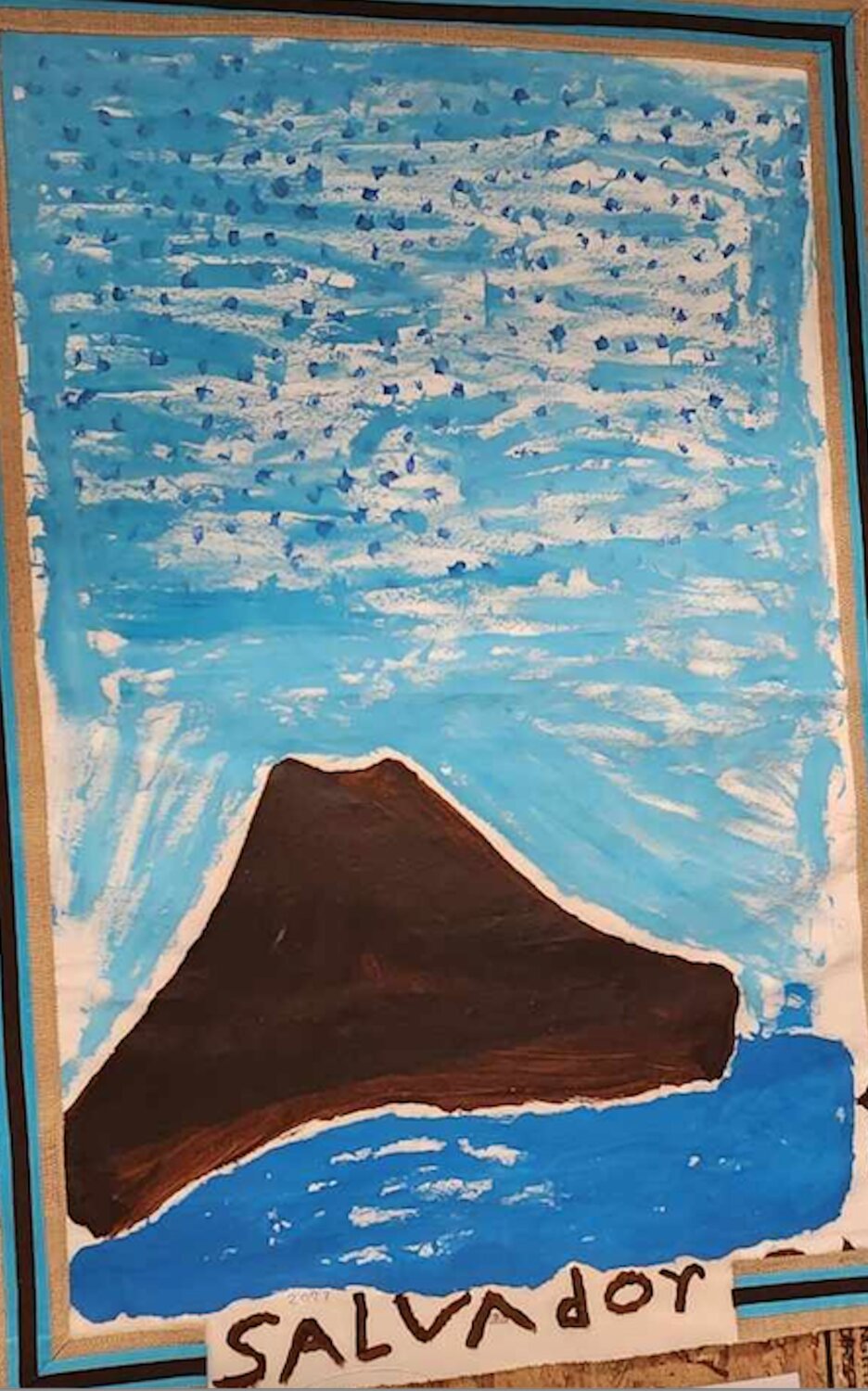Creating a home away from home
The emotional impact of being homeless on those who experience it often goes unnoticed. Beyond the challenges of finding shelter and meeting their basic needs, the unhoused face profound emotional struggles that can be debilitating. Dozens of men in Glen Cove face that harsh reality, and often make use of the North Shore Sheltering Program at the city’s First Presbyterian Church.
“Some of them do drugs, and some of them are so broken that they stay out on the street,” Ron Baskind, former manager of the shelter, said. “They’re really shunned by everybody. It’s such a broken way to live life.”
The shelter has worked in tandem with the church to house the homeless in its seasonal program for the past 24 years. The church provides the space for them to sleep, and the program staff handles the cleaning.
Making the space feel like home for the men was a top priority for members of Do Unto Others, or DUO, a youth organization founded last March at St. John’s of Lattingtown Episcopal Church. The group’s first initiative was working with shelter residents to create works of art to make their space feel more like home.
The group’s founding members, Tyler Barnett and Sammy Zarou, both residents of Locust Valley, said that when they first approached the shelter program about ways in which they might help the men on an emotional level, they unanimously chose to flex their creative muscles.
According to the National Coalition for the Homeless, there are two major contributors to the current housing and homelessness crises: a lack of low-cost housing nationwide, and the limited scale of housing-assistance programs. Nationally, the cost of rental housing greatly exceeds average wages earned by low-income households. A full-time worker needs to earn on average of just under $26 per hour to afford a modest two-bedroom apartment, and over $21 hourly to afford a one-bedroom, according to the National Low Income Housing Coalition.
“We’re not just raising awareness, but we also want to bring to light the issue, and actually let these guys know that they have a place in our community,” Zarou, a junior Locust Valley High School student said. “They’ve made it clear that they feel ostracized, but they’re men of our community. That’s why we’re doing art, because a lot of them express that they enjoyed painting. They wanted to do art to express their feelings, where they come from, and to make them more known, more heard around the community.”
Ricardo Rodriguez, a former shelter resident, eats at First Presbyterian a few times a week. The Guatemala transplant said he came to the United States for a better life, and to study the language and culture. He came here on a student visa, and attended school in Port Washington. His drawings of colorful birds, which were on display at the Glen Cove Public Library, remind him of home.
“Some of us are kind of shy, or we don’t know how to express ourselves,” Rodriguez said. “So this is a way where we do it, to show everybody that there is something else in us. The shelter does make a difference. They give us hope, and they give us strength.”
Santos Reyes, a shelter regular, came to the United States from El Salvador, also looking for a better life and the chance to start a family. He drew pictures of a volcano he saw as a child, and said the drawings help him feel more at home in the shelter.
Reyes, one of 17 men who consistently use the shelter, said he wants to work to help him find his own apartment, and that he can help paint homes or do other manual-labor jobs.
Francis Kalombo Ngoni, a member of the National Coalition for the Homeless and the national campaign director for the Bring America Home Now campaign, emphasized the importance of recognizing housing as both a human-rights and civil-rights issue, and said the need for a collective effort to address homelessness is a human issue that goes beyond political affiliations.
“We have to take responsibility as a nation for the people that are familiar with this kind of suffering,” Kalombo Ngoni said. “Blaming them does not solve anything.”

 46.0°,
A Few Clouds
46.0°,
A Few Clouds 








